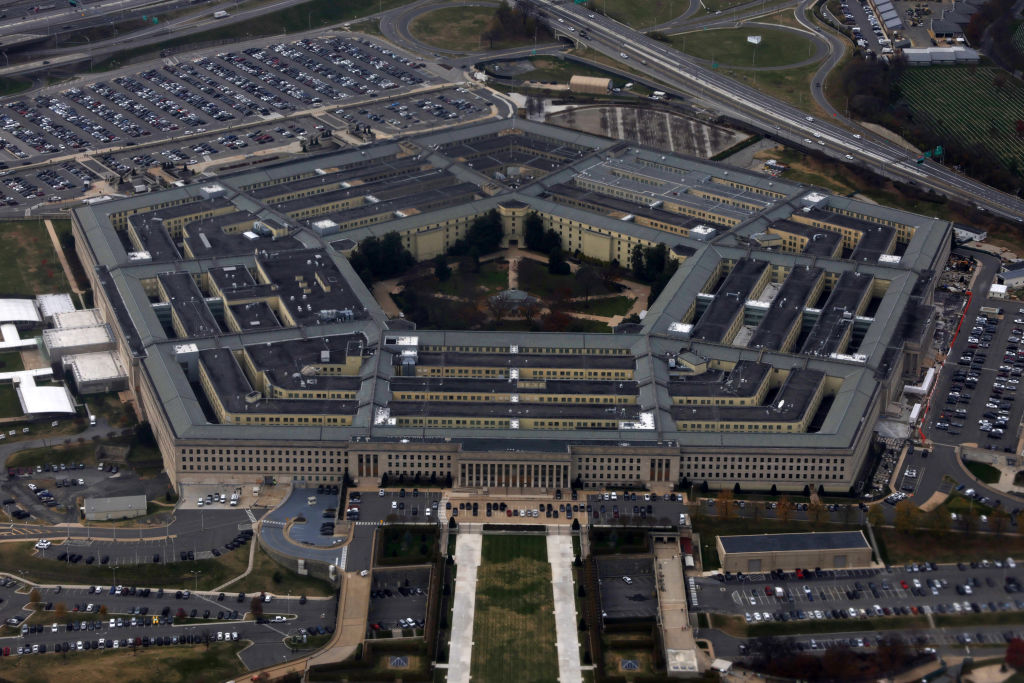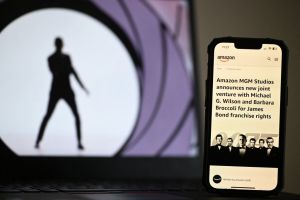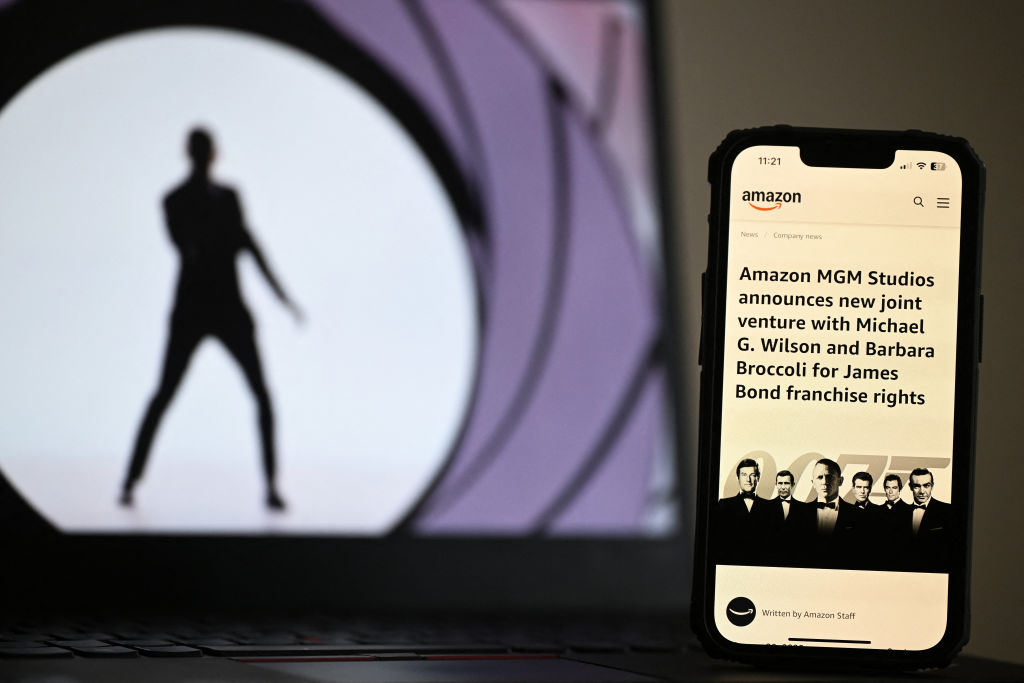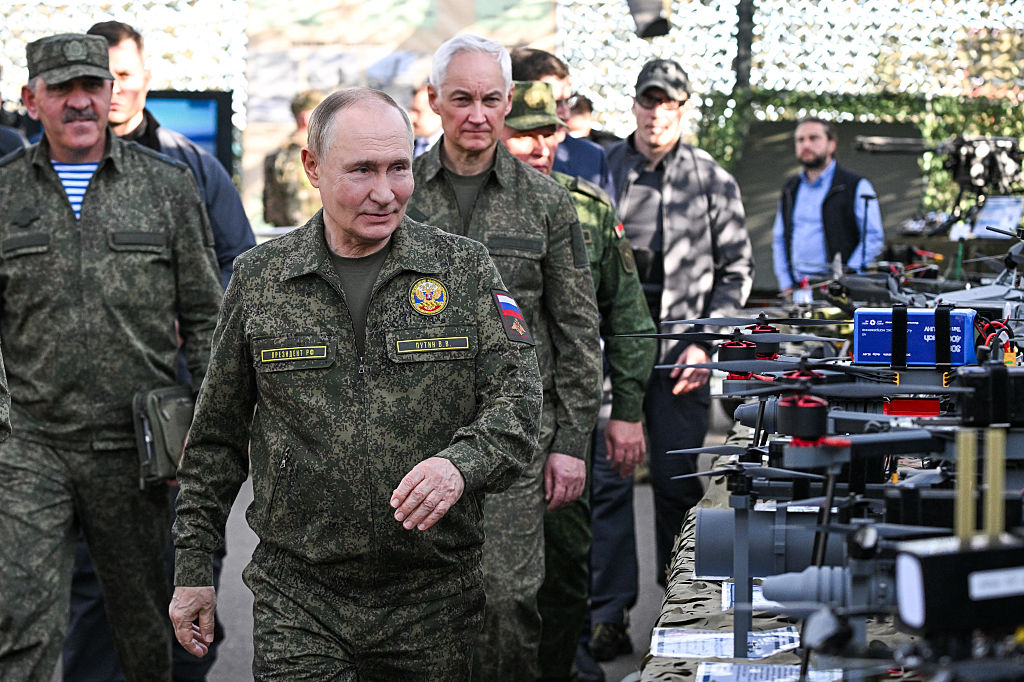So what did everyone learn from the massive trove of more than a hundred top secret US documents a twenty-one-year-old Air National Guardsman apparently put on a gaming server to wow some fellow God-fearing gun enthusiasts? Both little and a lot.
Despite some clumsy cut-and-paste editing of casualty figures, as well as some carefully-worded claims that, as a British defense official put it, “a significant proportion of the content of these reports is untrue, manipulated, or both,” the Americans are shamefacedly admitting that these are genuine documents. There will no doubt continue to be suspicions in some quarters that there is some baroque plot at work, whether a Russian long con or a US attempt to spread disinformation. But nevertheless this is one of those cases where the simplest explanation is the most likely.
Everyone spies on everyone else; everyone knows it; everyone pretends otherwise
The focus has unsurprisingly been on the materials relating to the Ukrainian war. There did not seem to be anything there that would have radically changed the Russian understanding of the situation, but the role of intelligence is often to provide shape and detail to what was already assumed.
There certainly is a lot of granular detail for the Russian General Staff’s analysts to get their teeth into. Moscow knew, for example, that the Ukrainians were using a lot of their finite stock of S-300 air defense missiles, but now they have specific numbers, from which they can divine just how long before they are exhausted.
Perhaps more important is the way this will give the Russians a better sense of just how much the Americans know about their own plans, forces, dispositions and movements. From this, they may be able to assess ways of spoofing electronic intelligence gathering and where any US human assets may be found. Moscow is often careless in precautionary security — as Bellingcat discovered when it bought databases on the black market which helped identify Russian military intelligence officers — but can be ruthless and methodical in reacting to leaks and clues.
However, much attention has also rightly been directed towards what the documents reveal about US spying elsewhere — and what it has uncovered. That South Korea was secretly trying to bypass its own usual practices and find ways of selling weapons to Kyiv was one thing. That Serbia, one of Moscow’s last friends in Europe and a regular beneficiary of Russian hand-me-down aircraft and diplomatic cover, was doing the same — potentially deeply embarrassing.
Kyiv is unlikely to be pleased about the suggestion that the Russian A-50 airborne early warning aircraft attacked at a Belarusian airbase was the target not of local dissidents but a maverick Ukrainian intelligence operation. That said, there is also a certain satisfaction that its reluctance to share detailed information on plans and even casualties on the grounds of security appears justified. Yet this goes hand in hand with a certain performative outrage behind the scenes that the Americans were spying on their Ukrainian allies at all.
But what did anyone expect? Everyone spies on everyone else; everyone knows it; everyone pretends otherwise. Find yourself competing against a French arms company and it’s an open secret that you’ll have the DGSE, its answer to the Secret Intelligence Service (MI6), after your commercial secrets. The Anglosphere “Five Eyes” nations — the UK, US, Canada, Australia and New Zealand — promise not to spy directly on each other, but in the words of one former spook, “that doesn’t mean we don’t pick up bits and pieces in third countries.”
Beyond those countries where there are real grounds for embarrassment and political damage, there is a great deal of humbug. Along with that, the sense of mingled horror and satisfaction at seeing the mighty Americans humbled is tempered with a keen appreciation on the part of the intelligence professionals that, but for the grace of God, there go them all.
After all, everyone and everything leaks, whether because someone incautiously takes classified materials home and leaves them on the train, or talks too freely over drinks in the bar. This is a serious embarrassment for the Americans, not just for its scale but its source.
Perhaps one of the greatest ironies is that it was neither a committed whistle-blower nor a deep-cover intelligence asset behind this massive intelligence breach apparently, but a moderately-clueless “Cyber Transport Systems Journeyman” trying to impress his bros on a Discord gaming chat site. Move over, George Smiley.
This article was originally published on The Spectator’s UK website.

























